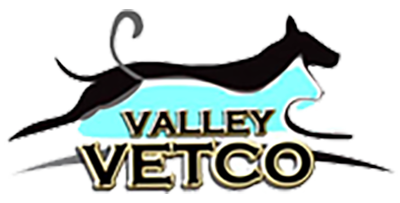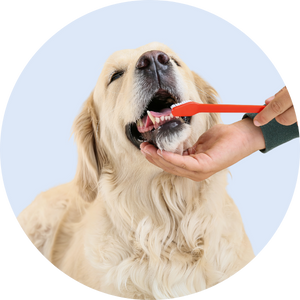Welcome to Valley Vetco
Primary Pet Care
At Affordable Prices
At Valley Vetco, we genuinely care about the wellness of your pet. Our primary care veterinary clinic has serviced Albuquerque and the surrounding areas since 1987. We offer both appointments or walk-ins for our preventative care services. We are offering both to best serve the needs of our clients. Spay/Neuter surgery is scheduled through appointment only.

Quality Preventive Care – Valley Vetco
We’re pleased to provide various veterinary services for cats and dogs in Albuquerque and surrounding areas.
Care For Dogs & Cats
At Valley Vetco, we provide a variety of primary care veterinary services to meet your pet’s specific health needs.
Ask Us A Question
Feel free to contact us to address any questions or concerns you may have regarding your pet’s care.
Affordable Pricing
Is It An Emergency? Seek care at the veterinary emergency clinic closest to your location.
About Valley Vetco
Committed to offering the highest quality of pet care
Valley Vetco is a primary care veterinary medical facility in Albuquerque, NM. The professional and courteous staff at Valley Vetco seeks to provide the best medical and surgical care possible. We are committed to promoting responsible pet ownership, preventative health care, and health-related education for our clients. Valley Vetco strives to offer excellence in veterinary care to Albuquerque, NM, and surrounding areas.

Our Services
Primary Veterinary Care in Albuquerque, NM
We recognize that your pet is a valuable family member and deserves top-notch veterinary care. We offer various preventative, low-cost veterinary services, including vaccinations, microchipping, and heartworm testing during any of our open business hours; and with or without an appointment. We also provide affordable services such as spaying and neutering: with a scheduled appointment.
Thank You For Your Kind Words
Your kind words mean the world to us, and we’re so thankful that you’ve taken the time to provide us with feedback.
I will definitely recommend this wonderful place and return for his next vaccines ect.
The staff and our veterinarian were absolutely amazing! They offer an afternoon short clinic which has restrictions understandably. However they are extremely patient and respectful when they have to turn people away who have exceeded the capacity for the day.. We have taken our four legged babies there for years definitely a recommendation.


